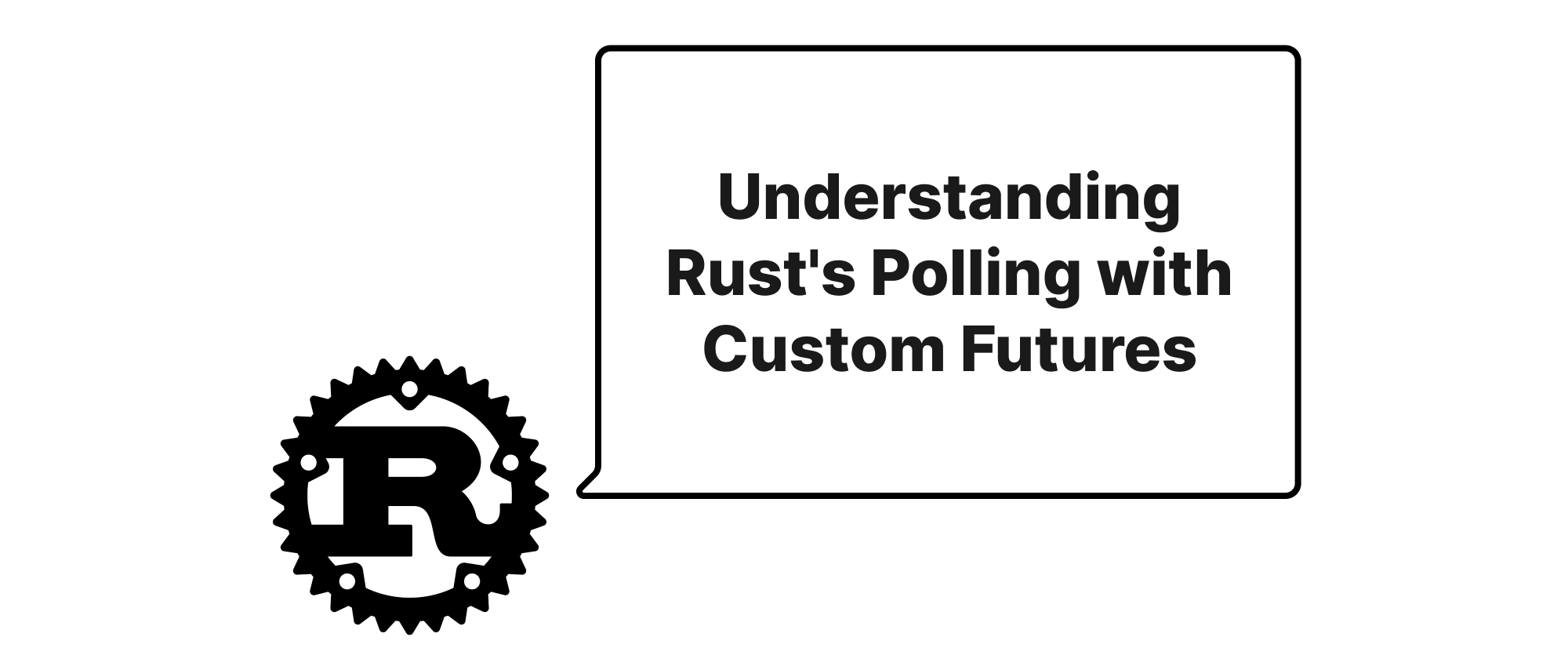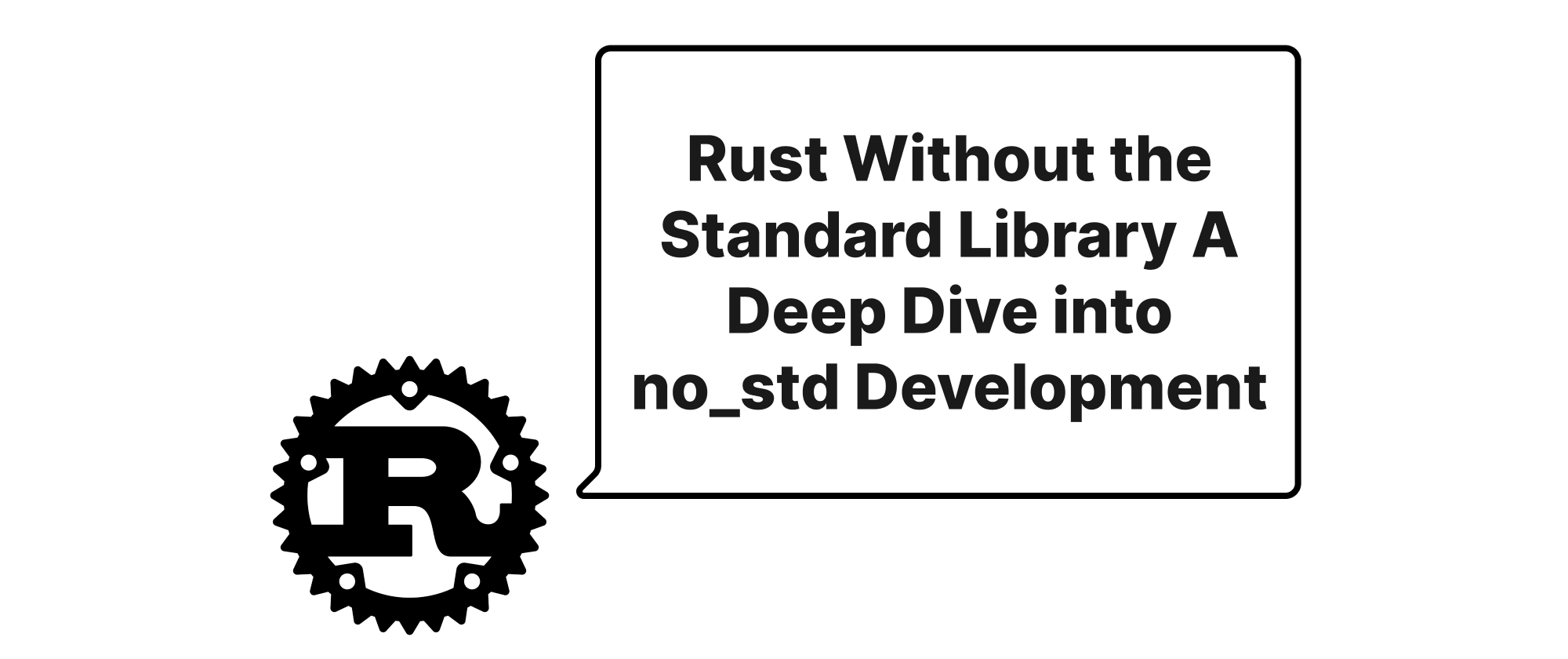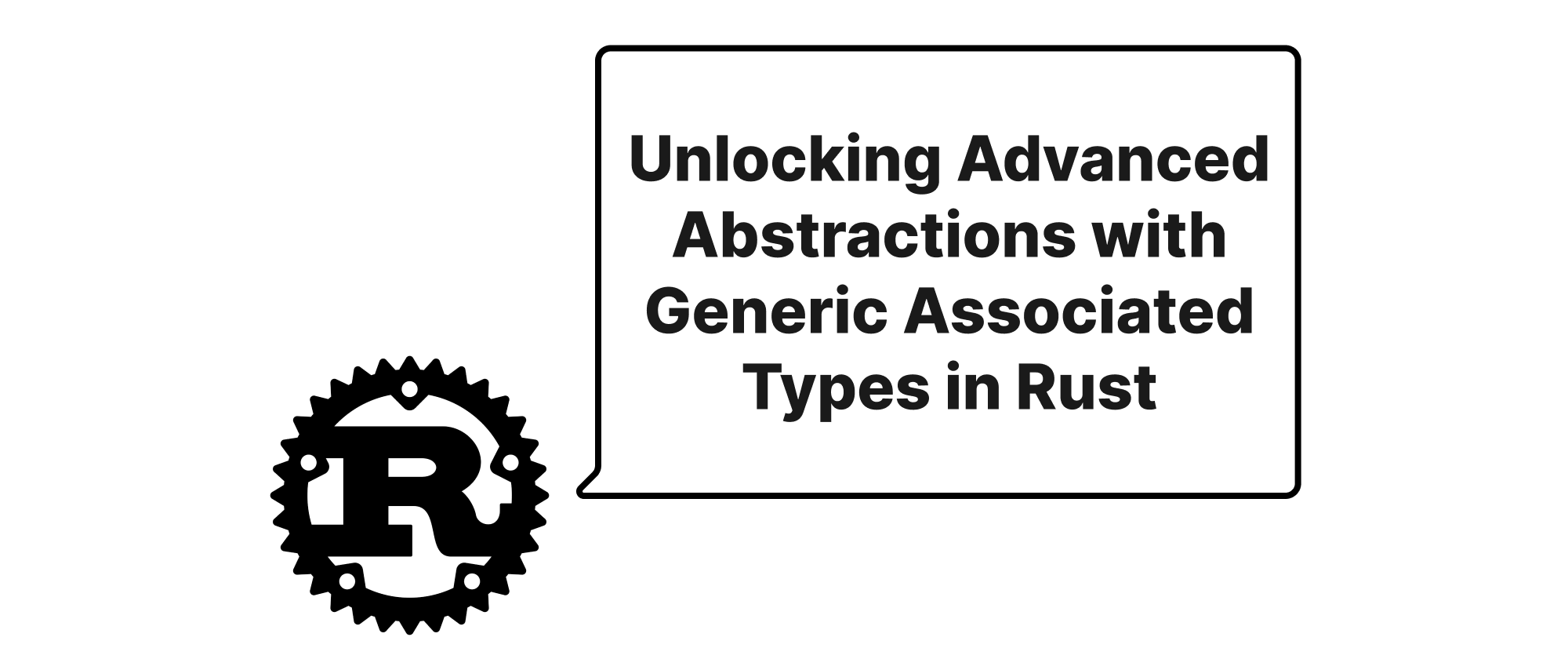Understanding Rust's Polling with Custom Futures
Takashi Yamamoto
Infrastructure Engineer · Leapcell

Introduction
Asynchronous programming has become an indispensable paradigm for building performant and responsive applications, especially in domains like networking, I/O-bound tasks, and high-concurrency systems. Rust, with its strong type system and ownership model, offers a powerful and safe approach to async programming built upon its Future trait. While you often interact with futures through the async/await syntax, truly comprehending how these abstractions work under the hood is crucial for debugging, optimizing, and even designing custom asynchronous components. This deep dive into writing a custom Future will demystify the polling mechanism, revealing the fundamental dance between your async tasks and the executor, ultimately empowering you to wield Rust's async capabilities with greater confidence and precision.
The Heart of Asynchronous Execution: Polling
Before we construct our custom future, let's establish a clear understanding of the core concepts involved:
- Future Trait: In Rust, a
Futureis a trait that represents an asynchronous computation that may or may not have completed yet. It has a single method,poll, which an executor repeatedly calls to check the future's progress. - Executor: An executor is responsible for taking
Futures and driving them to completion by repeatedly calling theirpollmethod. It manages the lifecycle of futures, schedules tasks, and handles waking up tasks when they are ready to make progress. Popular executors includetokioandasync-std. - Polling: This is the act of the executor calling the
pollmethod on an uncompletedFuture. Whenpollis called, the future attempts to make progress. PollEnum: Thepollmethod returns aPollenum, which has two variants:Poll::Ready(T): Indicates that the future has completed successfully, andTis the result of the computation.Poll::Pending: Indicates that the future is not yet complete. WhenPendingis returned, the future must ensure that it arranges to be woken up (viaWaker) when it's ready to make further progress.
Waker: AWakeris a low-level mechanism provided by the executor to allow aFutureto signal that it's ready to be polled again. When a future returnsPoll::Pending, it captures and clones theWakerfrom theContext. Later, when an event occurs that might unblock the future (e.g., data arrives on a socket, a timer expires), the future callswaker.wake_by_ref()to notify the executor to re-poll it.Context: TheContextpassed to thepollmethod contains aWakerand other information useful for the future to interact with the executor.
Building a Custom Future: A Simple Delay
Let's create a custom Future that introduces a non-blocking delay. This will allow us to observe the polling mechanism directly.
We'll define a Delay struct that holds a deadline (when it should complete) and an optional Waker to wake up the task.
use std::future::Future; use std::pin::Pin; use std::task::{Context, Poll, Waker}; use std::sync::{Arc, Mutex}; use std::time::{Duration, Instant}; use std::thread; // Represents the state of our delay future struct Delay { deadline: Instant, // We need to store the waker to wake up the future when the deadline passes. // Arc<Mutex<Option<Waker>>> allows us to share and safely modify the waker across threads. waker_storage: Arc<Mutex<Option<Waker>>>, // A flag to ensure we only spawn the timer thread once. timer_thread_spawned: bool, } impl Delay { fn new(duration: Duration) -> Self { Delay { deadline: Instant::now() + duration, waker_storage: Arc::new(Mutex::new(None)), timer_thread_spawned: false, } } } // Implement the Future trait for our Delay struct impl Future for Delay { // The output type of our future is unit, as it just represents a delay. type Output = (); // The core of the future: the poll method fn poll(mut self: Pin<&mut Self>, cx: &mut Context<'_>) -> Poll<Self::Output> { // If the deadline has already passed, the future is ready. if Instant::now() >= self.deadline { println!("Delay future: Deadline reached. Returning Ready."); return Poll::Ready(()); } // --- Store the Waker and Set up the Timer (only once) --- // If the timer thread hasn't been spawned yet, set it up. if !self.timer_thread_spawned { println!("Delay future: First poll. Storing waker and spawning timer thread."); // Store the current waker from the context. // This waker will be used by the timer thread to wake up this task. let mut waker_guard = self.waker_storage.lock().unwrap(); *waker_guard = Some(cx.waker().clone()); drop(waker_guard); // Release the lock early // Clone the Arc to pass it to the new thread. let waker_storage_clone = self.waker_storage.clone(); let duration_until_deadline = self.deadline.duration_since(Instant::now()); // Spawn a new thread that will sleep until the deadline // and then wake up the original task. thread::spawn(move || { thread::sleep(duration_until_deadline); println!("Delay timer thread: Deadline passed. Waking up the task."); // Retrieve the waker and wake the task if let Some(waker) = waker_storage_clone.lock().unwrap().take() { waker.wake(); } }); // Mark that the timer thread is spawned to avoid re-spawning self.timer_thread_spawned = true; } else { // This part handles subsequent polls if the timer thread is already running. // It's crucial to update the waker if the executor decides to move the task // or re-schedule it. If the waker isn't updated, the previous waker might become // stale, leading to the task never being woken up. let mut waker_guard = self.waker_storage.lock().unwrap(); if waker_guard.as_ref().map_or(true, |w| !w.will_wake(cx.waker())) { println!("Delay future: Waker changed. Updating."); *waker_guard = Some(cx.waker().clone()); } } // If the deadline has not passed yet, the future is pending. // It will be re-polled when the `waker.wake()` is called by the timer thread. println!("Delay future: Deadline not yet reached. Returning Pending."); Poll::Pending } } #[tokio::main] async fn main() { println!("Main: Starting program."); let delay_future = Delay::new(Duration::from_secs(2)); // Create a 2-second delay println!("Main: Awaiting delay future..."); delay_future.await; // Await our custom future println!("Main: Delay completed. Program finished."); }
Explanation of the Delay Future:
-
struct Delay:deadline: AnInstantrepresenting when the delay should finish.waker_storage: AnArc<Mutex<Option<Waker>>>is essential. TheWakerneeds to be shared between theFuture(which ownsself.waker_storage) and the separatethread::spawn(which will callwake).Arcenables shared ownership, andMutexprovides safe interior mutability to store and retrieve theWaker.Optionis used because theWakermight not be available on the very firstpollbefore it's stored.timer_thread_spawned: A simple boolean flag to ensure we only spawn our "timer" thread once.
-
impl Future for Delay:type Output = ();: Our delay future simply completes, producing no meaningful value.poll(mut self: Pin<&mut Self>, cx: &mut Context<'_>) -> Poll<Self::Output>: This is the core.if Instant::now() >= self.deadline: On every poll, we check if the deadline has passed. If so, we'reReadyand returnPoll::Ready(()).if !self.timer_thread_spawned: This conditional block ensures that we only set up the actual timer (thethread::spawnpart) once.let mut waker_guard = self.waker_storage.lock().unwrap(); *waker_guard = Some(cx.waker().clone());: We acquire a lock on ourwaker_storage,clonetheWakerfrom the currentContext, and store it. ThisWakerpoints back to this specific task that is currently being polled.thread::spawn(...): We launch a standard Rust thread. This thread willsleep()for the remaining duration. This is a blockingsleepfrom the perspective of this helper thread, but it doesn't block the executor thread because it's in a separate OS thread.- Inside the spawned thread, after sleeping, it retrieves the stored
Wakerand callswaker.wake(). Thiswake()call tells the async runtime (Tokio in ourmain) that the task associated with thisWakeris now ready to be re-polled. self.timer_thread_spawned = true;: We set the flag to true to prevent spawning multiple timer threads for the sameDelayfuture.
else { ... }: If the timer thread has been spawned (i.e., this is a subsequent poll of an already pending future), we still need to check if theWakerin theContexthas changed (!w.will_wake(cx.waker())). If it has, we update our storedWaker. This is important because executors can sometimes move or re-schedule tasks, requiring a newWakerto correctly notify the task.Poll::Pending: If the deadline hasn't passed and the timer is set up, the future is still waiting. We returnPoll::Pending. The executor will stop polling this future untilwaker.wake()is called.
How it operates with tokio::main and await:
Delay::new(Duration::from_secs(2)): ADelayinstance is created.delay_future.await: This is where the magic happens.- Tokio's executor receives
delay_future. - First Poll: The executor calls
delay_future.poll(cx).- The deadline is not met.
timer_thread_spawnedisfalse.- The
Wakerfromcxis cloned and stored indelay_future.waker_storage. - A new
thread::spawnis created. This thread starts sleeping for 2 seconds. timer_thread_spawnedis set totrue.pollreturnsPoll::Pending.
- Executor's action after
Poll::Pending: The executor now knowsdelay_futureis not ready. It puts this task aside and starts polling other ready tasks (if any) or waits forwaker.wake()calls. Crucially, the Tokio runtime thread is not blocked by ourthread::spawn'sthread::sleep. - After 2 seconds: The
thread::spawncompletes itsthread::sleep.- It retrieves the stored
Wakerand callswaker.wake().
- It retrieves the stored
- Executor's action after
waker.wake(): The executor receives the wake-up signal for the task associated withdelay_future. It schedulesdelay_futureto be polled again. - Second (or later) Poll: The executor calls
delay_future.poll(cx)again.- Now,
Instant::now() >= self.deadlineis true. pollreturnsPoll::Ready(()).
- Now,
- Completion: The
delay_future.awaitexpression finally completes, and themainfunction continues.
- Tokio's executor receives
Conclusion
By implementing a custom Delay future, we've gained a hands-on understanding of Rust's asynchronous polling mechanism. We've seen how Future::poll is repeatedly invoked by an executor, how Poll::Pending signals an incomplete state, and critically, how the Waker acts as the bridge, allowing an awaiting task to signal the executor to recommence polling when progress can be made. This explicit dance between the Future and the Executor via the Waker is the bedrock of Rust's efficient, non-blocking asynchronous programming, enabling high-performance and scalable applications without the overhead of blocking threads. Mastering custom Future implementations is an advanced skill that unlocks deeper insights into Rust's powerful async ecosystem.


